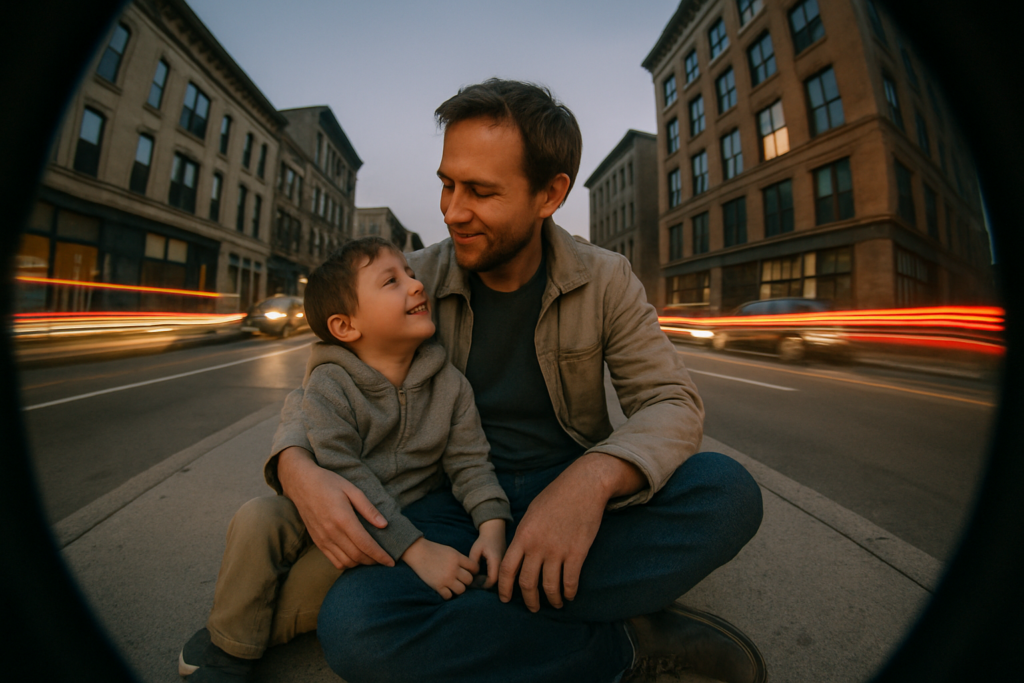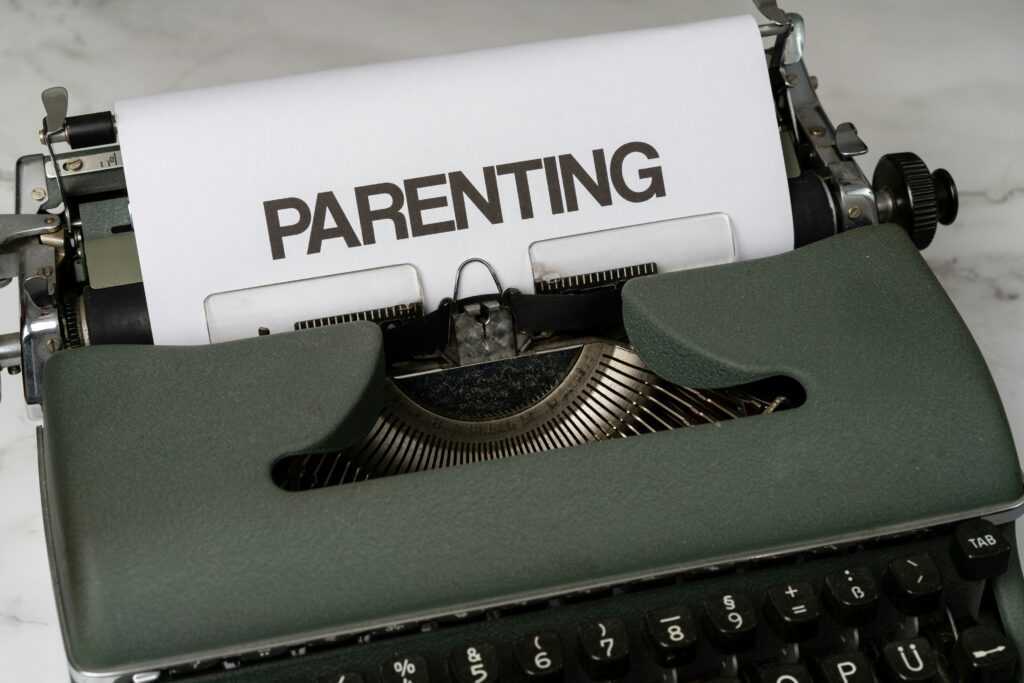Why It’s More Than Just Hearing
Most parents hear their kids. It’s the background hum of daily life questions about snacks, quick updates about school, the occasional meltdown over socks. But listening? That’s different. Listening means stopping what you’re doing, looking them in the eye, and tuning in. No multitasking. No rehearsing your reply while they’re still mid sentence.
Active listening shows your kid they matter. It tells them, without words, “I see you. I’m here.” That kind of attention builds real trust. It sets a tone of respect not just from parent to child, but back the other way, too. Kids who feel heard are more likely to open up, even when it’s tough. Especially when it’s tough.
Over time, being present becomes the foundation of your relationship. It signals stability, security. Your kid knows they can come to you and that you’ll actually be there, not just physically, but mentally. And that presence? That’s what sticks. Long after they forget the rules you laid down or the advice you gave, they’ll remember how it felt to truly be listened to.
Core Elements of Active Listening
Active listening isn’t rocket science, but it does take effort. Start with your body. Eye contact tells your kid, “I’m here with you.” It doesn’t mean staring them down just look up from whatever else you were doing and be present. Your body language should match your attention. Lean in. Nod. Be still. These small signals show you’re tuned in.
Now, listen with your words. Reflective responses are simple but powerful. When your kid says something, try paraphrasing it back: “Sounds like that really frustrated you,” or “So you felt left out?” You’re not fixing. You’re validating. That alone builds trust.
And yeah, put the phone away. Turn off the TV. Kids can tell when you’re half listening. Distractions signal that their voice comes second to your screen. Make space where they feel prioritized.
Finally, don’t rush to fill the quiet. Silence gives your kid room to think and finish their thought. Let them be the one to break it. Some of the most important things they’ll say come after a pause if you’re patient enough to wait.
Real Life Scenarios Where It Matters

You don’t always get a warning when your kid needs you to listen. Sometimes, it starts with a slammed backpack or a one word answer at dinner. School stress is real and for most kids, it’s not just about grades. It’s about friendships, identity, pressure, and figuring out who they are. Listening in these moments means not rushing to fix, but just being there.
Sibling fights or friendship blowups can seem petty from the outside. But for your child, these moments carry real emotional weight. Brushing it off or diving into “You need to get along” mode misses the point. Your job isn’t to referee it’s to understand where they’re coming from.
And then there are those “nothing happened” moments the ones that hide everything important. A throwaway comment about lunch. An offhand mention of a teacher. These are the conversations that deserve your full attention. Don’t wait for the big drama. Listen for the small clues they’re speaking volumes.
Show up, even when it seems like no big deal. Especially then.
How to Practice and Improve
Active listening doesn’t happen by accident it takes intention. First step: carve out time for real conversations. Not drive by chats while scrolling or during errands. We’re talking quiet, phone down, no distractions space where your kid has your full attention.
When you do sit down, steer clear of yes/no questions. Ask things that open a door, not close one. Try “What was the best part of your day?” or “How did that make you feel?” Then listen. Like really listen.
And when they give you a crumb, don’t rush to advice or pivot. Just say, “Tell me more about that.” It gives your kid room to process their thoughts and it signals that you’re not there to fix, you’re there to hear.
Last tip: watch your impulse to jump in. Count to five if you have to. Let them finish their story, even if it rambles. Especially if it rambles. Your presence is louder than your words.
The Payoff: Stronger Bonds, Greater Confidence
When you take the time to actively listen, your kids notice. They feel seen not just watched. Heard not just talked over. Valued not just corrected. This simple shift creates a strong emotional foundation that sticks with them long after the conversation ends.
Active listening also builds emotional intelligence on both sides. Kids start learning how to name their feelings, work through them, and empathize with others. At the same time, you get better at handling your own reactions with more patience and clarity. It’s not always easy, but the payoff is real.
And let’s not forget the everyday wins. Listening cuts down on blowups that come from miscommunication. Instead of guessing what your kid was trying to say or missing it altogether you’re already ahead of the curve. It’s good for them, good for you, and great for the long haul.
More Ways to Level Up Your Skills
For additional strategies on connecting through conversation, check out these communication tips for dads.
Because the truth is: when you listen well, you lead well.





